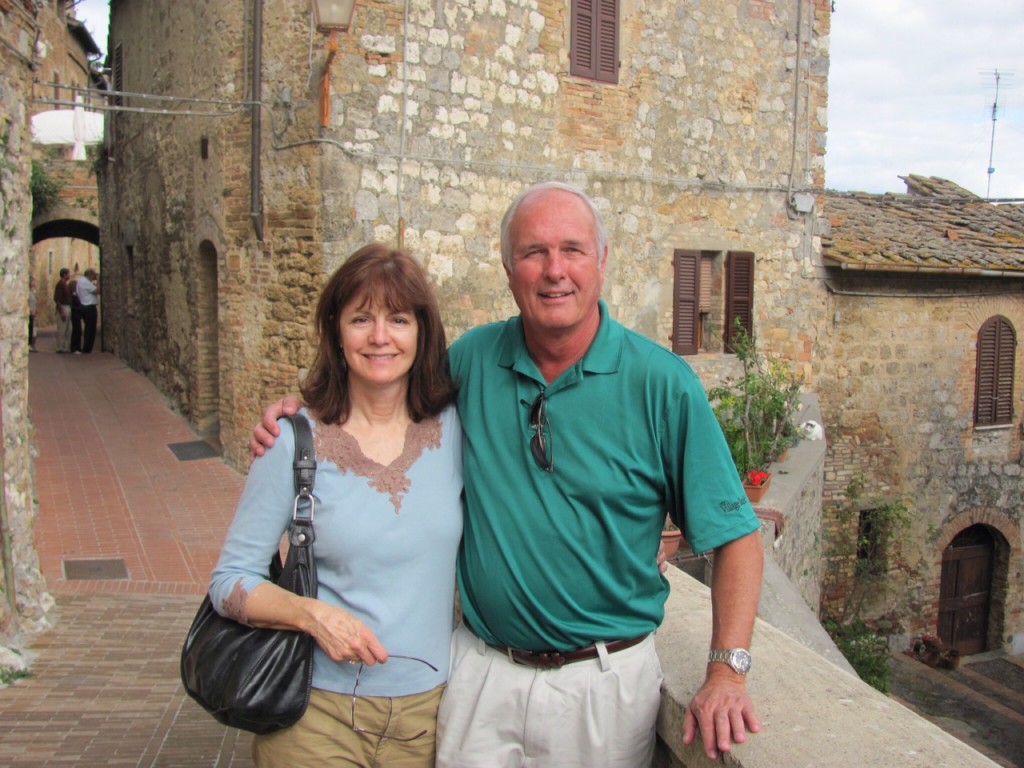By Karen Lee Sobol
I used to think of hospitals as halls of science. But recently I learned the word “clinic” comes from the Greek, meaning “bedside art.” While we’d all rather avoid a visit to a cancer clinic, there’s a lot we can do to make the first visit a productive, positive experience.
For my first visit to Dana-Farber, my husband joined me, along with my own wild emotions—anxiety, fear, and fury among them—and four pages of questions.
I found that at that first visit, an oncologist gets to know you in two ways: clinically and personally.

